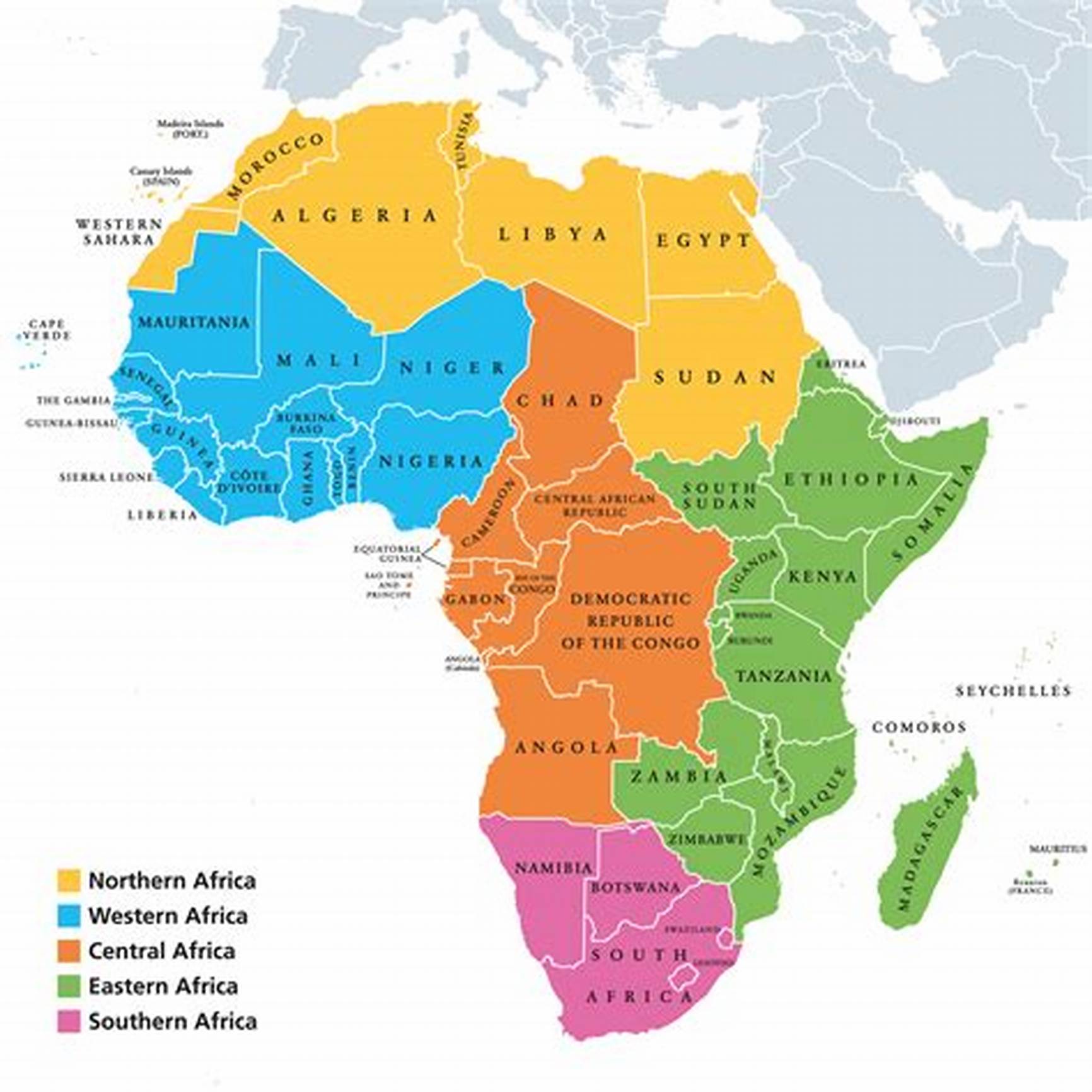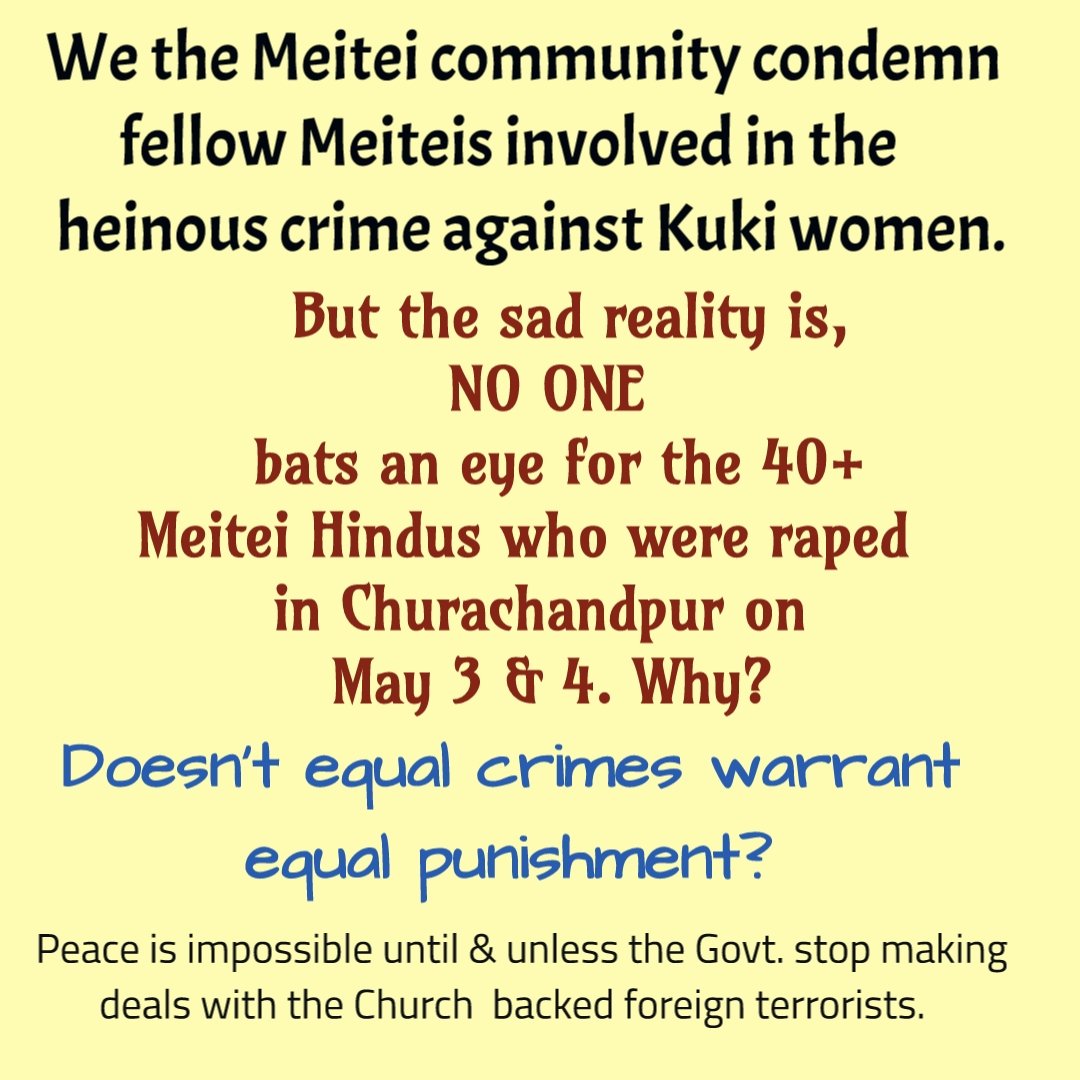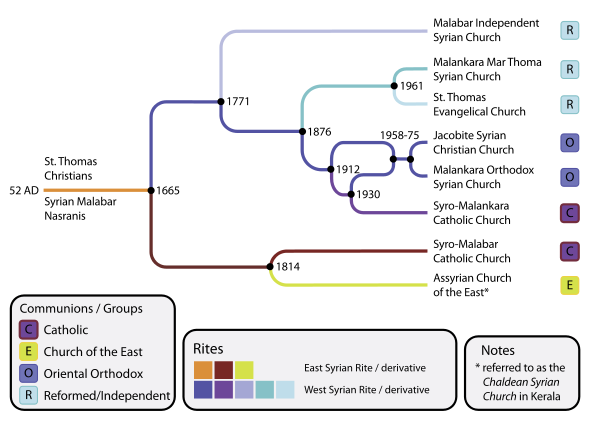And the passage also doesn't deal with the behavior of the new christian overlords behavior with respect to their previous pagan beliefs. If that weren't the case we wouldn't have wide spread destruction of previous pagan places of worship.
let me preface by saying that the article is from a christian viewpoint, these are basically christian scholars whose aim is advocacy for their own cause; inclusion of the above is not necessarily germane to such discussions
don't you think the above passages are trying to bring an alternative version as to how Christianity has spread. I would argue that Christianity used every tool available under the sun to spread either the elites or the masses depending on whatever was beneficial for it at that particular moment.
Constantine is said to have fought under the banner of a cross and converted after his victory.
as an aside, why did no other religion try everything under the sun to spread, islam spread by the sword chiefly and proximity to power (as with trade later) was the chief concern for the ruling class of neighbouring regions such as persia, the hearts and minds approach of islam, sufism, is paradoxically more severe to observe, judaism is spread by the matrilineal line, but then again, they are the chosen people. Again, these articles are motivated, but they are also targeting certain audiences, if they advocate alternative histories for the genesis and spread it behooves for us to understand historicity and hopefully apply in an indian context to achieve our desired outcome.
Even in the case of Scientology, there are a few from the masses who convert and then another set that convert when its a celebrity like Tom Cruise or a John Travolta. After the follower base reaches a critical mass ( and the base is grown in all possible ways - targeting a troubled mind to a confused person to blindly aping their idol or person of interest). You can bet that the day when Scientology has a person in position of power it will take off due to the sponsorship afforded by the person in power or the seat of power. They have viciously gone after ex-scientology members that have criticized the church and/or their way of working.
scientology is imo a slightly bad example because it is a religion of the wealthy, the members have to contribute a significant amount to the church and that is out of reach for most of the masses, serving more like an exclusive club, it is also a bit odd as it has aliens and other planets and such. a much better example imo would have been served by considering the church of the latter day saints, or the mormons as they are popularly called, there too a large tithe is kicked up to the church but it is dependent on the financial condition of the individual and is more inclusive as far as wealth goes, but it also functions as a sort of club for its members where the networking advantages are similar in spirit if not in scope of scientology
You find the same methods being used to destroy indigenous places or symbols of worship and then claim the greatness/ infallibilty of their god (this is nothing more than sleight of argument or fraud to put it bluntly). We see that in Andhra Pradesh as well where temples are attacked and every person involved in the attack so far has been called mentally unstable and released with no punishment. I am guessing it no different under DMK in TN. When you can attack the existing beliefs with no pain or losses then it will lead to a frenzy which could result in opening of flood gates after reaching a critical mass to convert or spread their belief system.
i believe that this has been covered largely by rajiv malhotra in his books, the process of digesting indigenous practices and subsuming within the wider christian theology and leaving the husk to be explored centuries later by archivists and archaeologists
In Africa i don't think it was the conversation among people that helped to spread it far and wide.
lets start with africa first, as is the case with latin america, african christianity too is intertwined with local animistic beliefs and beliefs of their ancestors, i would posit that the role of christianity in africa more so than in south america was to act as a sort of codifying organisation where loosely held beliefs were placed under an overarching structure of a readymade church template, otherwise there is only islam in africa and that spread by sword in the north and trade in east, mid and west of africa.
also for africa, lets look at it with its natural geographic divisions:

starting from the east, ethiopia and by extension the regions of eritrea, djiobuti are centres of ancient christianity, i believe one of the oldest rock cut churches in the world is in ethiopia plus they have some biblical role as well with the presence of queen sheba, so in that light this region has always been of a christian bent.
south was populated only by the khoisan initially and was discovered by the boers before the arrival of the bantus from west africa, tanzania and mozambique had long history of portugal rule; the grouse of spread is in central regions and in the western francophone nations, but i believe that political fukery was also afoot for obtaining resources on the cheap
Saying that Christianity spread through what is akin to modern day "dinner table discussion" or social networking is more of a cop out, don't you think.
let me put forth a theory that has currency in some parts of the net, christianity was wokism 1.0 and is now in a battle of either subsuming or being subsumed by the church of woke / intersectionality, for the lack of a better terminology. look at the church attendance numbers, it is falling every year in western and central europe, and has started falling in the us as well in certain denominations; ironically, the only denominations there is growth or atleast no fall is in those dealing with people from south american or african descent which are more of an integration of local beliefs within the wider christian framework, the other area it is rising is in the megachurch attendances, but then again those are more akin to rock concerts than conventional worship.
as for dinner discussions, i think the writer was attempting facetiousness but there are some truths that he accidentally uncovers but never follows through, and this is a bit controversial on my part, but i believe that certain religions followed the patriarchic mode and some the matriarchic, now judging ancient beliefs by shades of the present are not always wise, but let me put forth a viewpoint
the major delineation is to do with who keeps the faith in the household, and this includes the broader terms of rituals, invocations and all magics associated with it, historically that has leaned heavily towards the father figure to follow and the mother figure to instill the stories, morals and societal codes based on faith, its not a hard and fast rule but this pattern has mostly held.
Now christianity for some reason had a more focused outlook on the second aspect of the above, though one of its most celebrated stories is essentially one of magics, of returning to life; but this created an imbalance in the household, the scope to uphold and share with the new generation had become constrained and so discourse flowed more freely between the 2 genders than in other religions, that may be one reason for its focus on love, piety, healing which are all traditionally associated with the mother figure and the men to uphold such values by force if necessary, a neat precursor to the modern day witch hunting by the new adherents of the modified religion.
witches, i believe became a thing to fill the gap of the magics that was primarily the reserve of the masculine, but that was a no-no and thus the descendants of paganism lost their touch with their ancestors understanding of the world, so were dinner conversations instrumental in the spread of christianity, i believe so.


